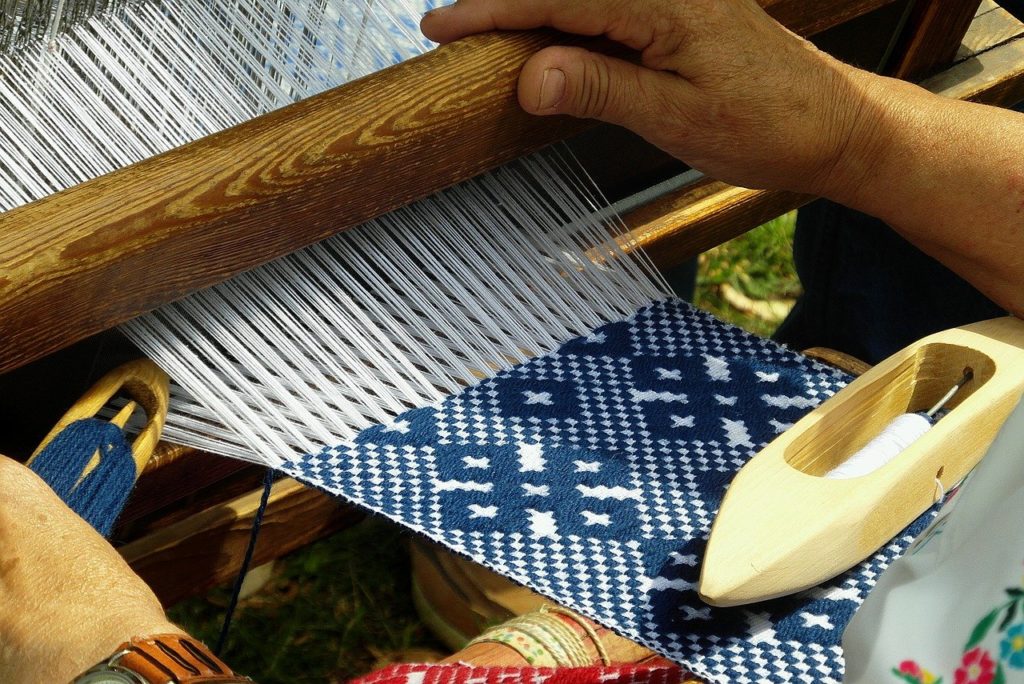This summer we are delighted to be hosting a new blog series from our vibrant and energetic subject community! Each of the main RE/R&W organisations will be sharing their reflections on 2020-21, and looking forward to the coming academic year. We will be posting one blog per week and are very grateful to the Chairs/CEOs of these organisations for contributing their thoughts. We start the series with the Religious Education Council of England and Wales.
Kathryn Wright
CEO, Culham St Gabriel’s
The National Association of Standing Advisory Councils on Religious Education (NASACRE – pronunciation vary…) is an organisation in England that exists solely to support its members https://nasacre.org.uk/about/aims I re-joined the executive committee in 2018 (from Cornwall SACRE) during the conference and AGM that celebrated NASACRE’s 25th anniversary. I’d served on the committee before, in the early 1990s when NASACRE was in its early days https://nasacre.org.uk/about/how-did-nasacre-start It was great to be back.
NASACRE is a collegiate and democratic organisation where the professional attitudes and expertise displayed by members and by the executive committee combine to positive effect. We were faced with some difficult choices, but we focused our work on keeping things going through creative methods and new partnerships. We kept SACREs informed through the regular Briefings https://nasacre.org.uk/sacre-briefing/2019-20 , exchanged email news and answered queries about practical issues such as how to hold democratic SACRE meetings online, and continued to hold strategic policy meetings with the DfE, with the RE Council and with other RE associations. We held an online EGM in November 2020, making sure our own house was in order, and planned ahead for what turned out to be an exciting and very well-attended conference and AGM of nearly 200 people in May 2021. The very appropriate theme was ‘Authority in RE’ and we were reminded by our keynote speakers about the nature of authority – and how to interpret, create and sustain it.
The report on SACRE funding https://www.nasacre.org.uk/file/nasacre/1-376-nasacre-report-on-sacre-funding-in-england-2021.pdf was a highlight of the year. Although the main findings were not a surprise there were unexpected outcomes in terms of the impact of the report. These outcomes, and the reworking of the SACRE self-evaluation toolkit, a new website (pending), and new advice on how to write annual reports for DfE and others’ scrutiny, encouraged the executive to design an online professional development programme for SACRE members to see us all through the next year. We are also planning a real (!) conference for May 2022 – and I’m really looking forward to a proper reunion with colleagues and friends.
NASACRE’s hopes for next year are encapsulated in its mission statement – https://nasacre.org.uk/about/mission-statement – we will be listening to members, reacting to national and local initiatives and advising statutory and non-statutory bodies on RE and collective worship. We will especially continue our campaigning for adequate levels of resourcing for SACREs, and for professional development, and play a key role in any future debates about the place of RE and collective worship in schools.
I’m confident that we will have a creative and productive year ahead, as these hopes are based on cementing existing partnerships with other subject and civic associations, and on a realistic view of SACRE roles and responsibilities. These unique and statutory Councils are so much more than the vehicle for recommending an agreed syllabus. It is a privilege to work with them, and their individual members, and to take a lead role on the executive committee. Thank you to the whole team for a successful year in such difficult times.
Linda Rudge, Chair of NASACRE

